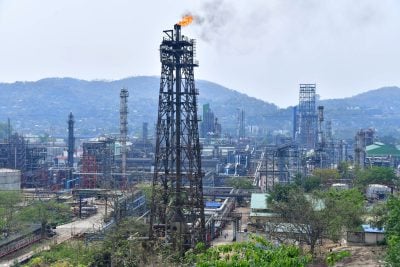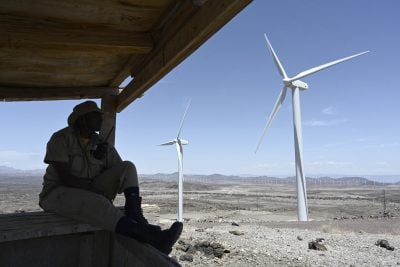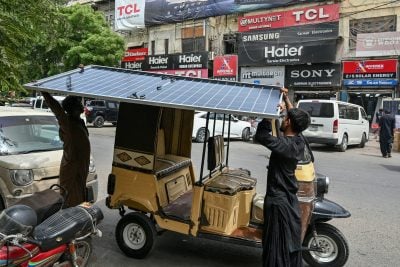Uganda and Tanzania have signed a $3.5bn oil pipeline deal as Kampala’s long-delayed plans to develop its Lake Albert oil industry come another step closer to fruition.
The deal, which will see oil transported almost 900 miles from the Lake Albert oil fields to the Tanzanian port of Tanga, was signed by Ugandan President Yoweri Museveni and Tanzanian President John Magufuli in a ceremony on Sunday. Construction on the East African Crude Oil Pipeline is expected to take up to three years to complete.
The signing follows a deal between Uganda and French oil major Total on Friday, which established a Host Government Agreement governing the export pipeline project in Uganda and the conditions of entry of the Uganda National Oil Company in the project.
Total is the major shareholder in Uganda’s oil fields after agreeing in April to buy Tullow Oil’s stake in onshore fields for $575m, a deal expected to be completed in the fourth quarter. It will work alongside Chinese state-owned CNOOC to develop the fields.
“We have today reached major milestones which pave the way to the Final Investment Decision in the coming months. We now look forward to concluding a similar HGA with the Government of Tanzania and to completing the tendering process for all major engineering, procurement and construction contracts,” said Pierre Jessua, managing director of Total E&P Uganda in a statement.
Total said its agreement with Uganda, confirmed during a meeting between Yoweri Museveni and Total chief executive officer Patrick Pouyanné, will allow it to ramp-up project activities and resume land acquisition in the country. Oil reserves predicted at 6bn barrels were discovered in 2006 by Tullow Oil, but development has been repeatedly delayed amid a lack of infrastructure and disagreement between partners over how to proceed with the project.
Total said it will “pursue a constructive dialogue with the communities and NGOs regarding all project activities” following criticism of the potential environmental impacts of the project.
A joint report by the International Federation for Human Rights and Oxfam said that more than 12,000 families risk losing their land and livelihoods as a result of the pipeline, but a Tanzanian government spokesman said the pipeline, 80% of which will run through the country, will create around 18,000 jobs and earn the country over $3.2bn in revenues.
“Individuals and communities whose property has been expropriated for the project want more information and fair compensation for lost land and property. Families worry that oil projects are shattering their community structures and undermining their traditional lifestyles and cultures,” said Maria Isabel Cubides, researcher at FIDH’s globalisation and human rights desk.
David Thomas
Want to continue reading? Subscribe today.
You've read all your free articles for this month! Subscribe now to enjoy full access to our content.
Digital Monthly
£8.00 / month
Receive full unlimited access to our articles, opinions, podcasts and more.
Digital Yearly
£70.00 / year
Our best value offer - save £26 and gain access to all of our digital content for an entire year!

 Sign in with Google
Sign in with Google 




